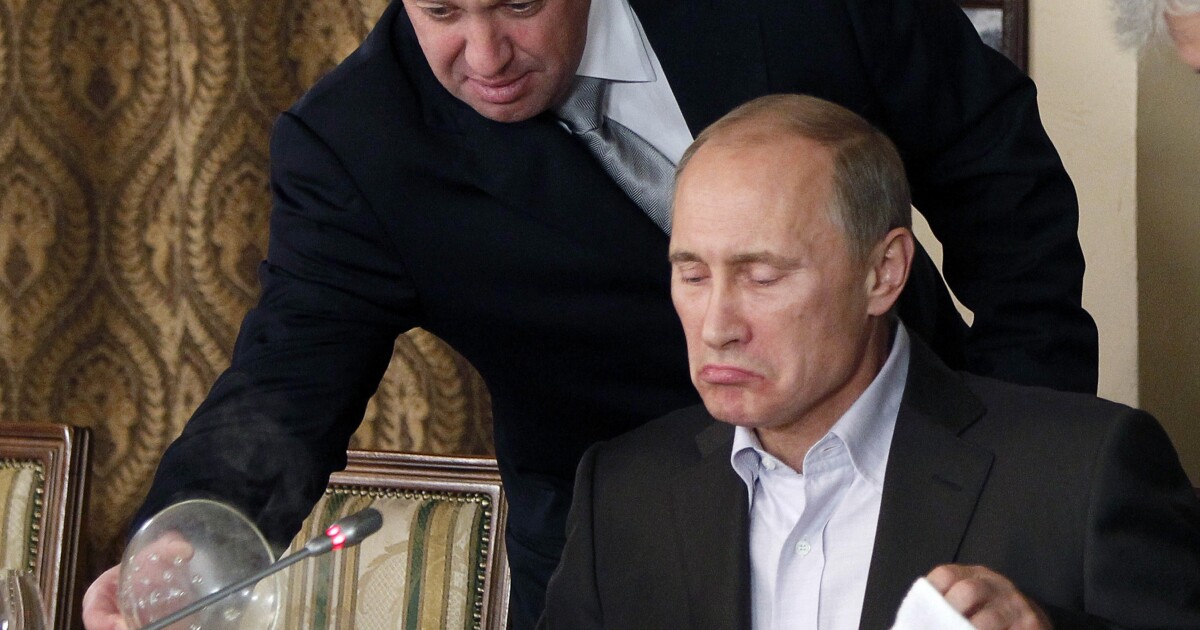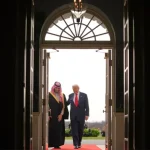

The former United States Ambassador to Moscow responded to the Wagner group’s staged rebellion toward the Russian military on Friday, noting the action amounts to a “civil war” against the Kremlin.
“The fight is now on. This is now a civil war,” Michael McFaul, who served as ambassador from 2012 to 2014, said in a tweet.
RUSSIAN GENERAL, GUN IN HAND, URGES WAGNER GROUP TO STAND DOWN: ‘STOP THE COLUMNS’
His comments come in response to actions by mercenary chief Yevgeny Prigozhin, who led his troops out of Ukraine and into a key city south of Moscow on Friday — marking the biggest threat to Russian President Vladimir Putin’s leadership in over two decades. The revolt occurred after Prigozhin accused the Russian military of killing a “huge amount” of his men, warning he would “destroy” any resistance to their group.
The group of mercenaries first marched to Rostov-on-Don, with Prigozhin releasing a video saying they would blockade the area until Russia’s top military generals came to meet with them.
Wagner mercenaries have since begun marching toward Moscow as they continue to advance into Russian territory. Russian military forces have reportedly opened fire on the group after Putin vowed to crush any rebellious mutiny against the Kremlin, according to Reuters.
It’s not clear how long the standoff will last, but the revolt taking place is sure to weaken Putin’s hold on the country, giving a key advantage to Ukrainian military officials as they seek to stave off a Russian invasion.
“No matter how it ends, Prigozhin’s activities in the last 24 hours have weakened Putin,” McFaul said. “Anything that weakens Putin is good for Ukraine.”
CLICK HERE TO READ MORE FROM THE WASHINGTON EXAMINER
Putin compared the revolt to Russia’s own civil war in 1917, which occurred after the Bolsheviks overthrew Tsar Nicholas II of Russia during World War I. That attack ignited a war within the country and eventually led to the creation of the Soviet Union.
“This was the same kind of blow that Russia felt in 1917 when the country entered World War I, but had victory stolen from it,” Putin said. “Intrigues, squabbles, politicking behind the backs of the army and the people turned out to be the greatest shock, the destruction of the army, the collapse of the state, the loss of vast territories, and in the end, the tragedy and civil war. Russians killed Russians, brothers killed brothers.”






